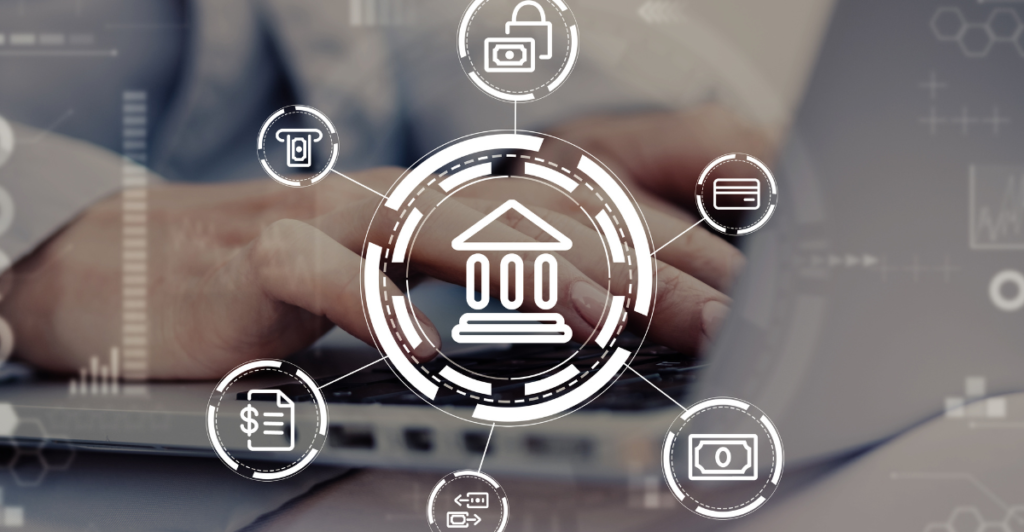Personal Loans: Smart Move or Risky Choice?

Personal loans are financial advances provided by banks, which allow individuals to borrow a sum of money to be paid back over a period of time, such as 12 to 24 months, at a fixed interest rate. Unlike mortgages and car loans, personal loans can be taken out for a variety of expenses, such as debt consolidation or funding for major projects or expenses. Personal loans often have higher interest rates than secured loans because they do not require collateral. It’s crucial to assess your financial needs to decide if taking a personal loan is wise or risky.
Advantages of Personal Loan

Personal loans often have fixed interest rates and consistent monthly payments, which can help with budgeting. According to Bankrate, personal loans generally have lower interest rates than credit cards, averaging approximately 12.37%, in contrast to 20.09% for credit cards. This can make a significant difference when trying to save money in the long term. Personal loans also offer a certain level of flexibility because they can be used for various purposes, including paying for necessary or unexpected expenses, etc.
Personal Loan Disadvantages

Although they have their benefits, personal loans also have some disadvantages. High fees, such as origination or prepayment charges, can raise borrowing costs. Strict repayment plans may be tough for people with variable income, and late payments can negatively impact credit scores. Without a clear repayment plan, additional debt can cause financial strain.
When to Take a Personal Loan

Personal loans are an excellent choice in some situations, such as consolidating high-interest credit card debt into a lower-interest loan to save money in an effort to make payments more manageable. They are also useful to cover the cost of major expenses, such as medical treatment or home renovations, when other avenues of financing aren’t open to you.
When to Avoid Personal Loans

Personal loans should not be considered for discretionary expenditures or investments that do not guarantee returns. For example, taking a personal loan to cover the costs of a vacation or other luxury items can lead to unwanted debt. Further, if you are already in debt, taking on a personal loan can bring more financial problems and stress.
Evaluating Your Financial Condition

Before taking on a personal loan, it is important to measure your current financial situation and ensure you are able to make payments before proceeding. You can do this by checking your credit score, as it determines loan approval and interest rates. Then, calculate your debt-to-income ratio to make sure you can manage more debt. If you can, then set a definite repayment schedule, taking your income stability and current financial commitments into account. This process enables you to determine whether a personal loan is suitable for your financial objectives and abilities.
Considering Alternative Options

It is wise to explore alternative financing before applying for a personal loan. For example, saving money or using a 0% interest credit card might be more cost-effective for minor purchases, such as a new cellphone or laptop. Further, home equity loans or lines of credit can offer lower interest rates; however, they require collateral. Exploring these alternatives helps to determine the best and most cost-effective financing option for your needs.
How Personal Loans Have Helped in the Past

In the wake of economic downturns, personal loans have helped people recover from financial crises. By providing access to funds for essential expenses or consolidating debt, personal loans stabilize personal finances during economic uncertainty. Historically, personal loans have moved on from a last resort measure to a financial planning tool, indicating that there is a growing recognition of personal loans as an acceptable option for sound financial management.
Challenging the Notion of “Debt is Bad”

While conventional wisdom views debt negatively, personal loans are an intelligent financial move when used properly. Personal loans allow for the consolidation of high-interest debts, improved credit ratings, and investment in assets that will appreciate over time. Additionally, personal loans provide a structured and personalized payment plan, which can contribute to better financial management and potentially enhance workforce productivity.
Making Smart Moves or Risky Choices?

Personal loans can be smart or risky, depending on your situation. They offer benefits like personalized payment plans but may have high interest rates. By evaluating your financial status, understanding loan terms, and considering alternatives, you can make the best decision for your financial goals.
Sources
Pros And Cons Of Personal Loans
Should I get a personal loan? Here are the pros and cons


